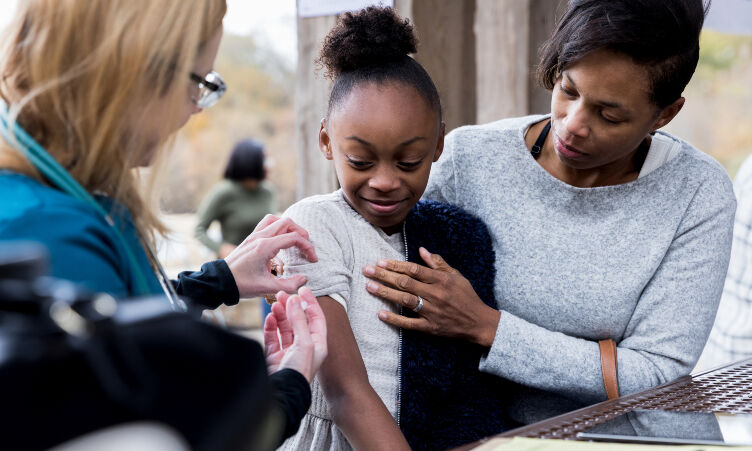The concept of ‘psychological safety’ is an important one

Jargon and management concepts may sometimes seem of limited direct use in day-to-day nursing practice. But here’s one that is a pertinent and timely exception, explains George Coxon
The concept of ‘psychological safety’ is a relatively new idea, and one that, I must admit, had my lip curled up as soon as I heard it. Here we go again with more imported management speak uttered by far-removed academics with yet another soundbite, I immediately thought.
But my position has radically shifted (‘radically’ is a word that will feature in my annual revision notes on priorities for 2023). After my initial sneering and scepticism, I have since boarded the psychological safety bandwagon. Actually, referring to it as a bandwagon now sounds unjustly dismissive.
Psychological safety may or may not be a new concept to you. I bet it isn’t for most tuned-in nurses – but if it is, let me make the case.
Related Article: Flu jab plans ‘unachievable’ without school nursing investment
So, to start, let me extend an invite to anyone keen to be part of an exploration as a member of a ‘psychological safety nurse pioneers like-minded alliance’. Would you want to join that perhaps, if that existed? I must say that like-minded alliances have been a very successful part of my ‘seek and find inspiration plan’ for 2022. I now have several examples of when connecting widely with colleagues has promoted huge post pandemic learning and support.
My own introduction to psychological safety came when I was a part-time associate at our local South West Academic Health Science Network in the two years leading up to the pandemic. This was where I first heard the term was being used, and it elicited my initial unease.
Only a short while later, my team was dealing with losses in a dreadful Covid outbreak in one of our care homes. I was hands-on, looking after dying residents I had known, like family, for many years. It was terrible, and the strength of our team spirit was massively tested.
Admitting to the emotional cost, and showing and sharing the horrors with each other, including tears and distress, was perversely, for me, testimony to the confidence, trust and bonded sense of team we felt over those weeks in early 2021.
As you know, I have since revisited my initial uncertainty about psychological safety, and have now become a follower – on Twitter and through reading and promoting – of the wisdom and wise words of Amy C. Edmondson, a professor at Harvard Business School.
She talks about being respectful, avoiding consequences of failing, the importance of interdependence in our work, and the need to be open, trusting and trusted.
My advice is to make a little time to listen to Professor Edmondson’s short YouTube presentations, and to also talk to colleagues about her ideas. This might be particularly useful now, during what many of us are feeling to be the worst winter of discontent and struggle we have ever experienced.
Related Article: Childhood obesity rates in deprived areas a ‘national scandal’, says school nurse leader
Her ideas might need a modest culture wash and adapting for local consumption, as they did for me. However, I am sure, both for reputation enhancement and real time value at the sharp end of our work, the part that psychological safety can play in defending ourselves and others and promoting a culture of confidence in what we do can be invaluable.
But here’s the thing – I think we probably do actually need a ‘psychological safety nurse pioneers like-minded alliance’, to create the conditions and collectivism within nursing to make this work best.
Now the question is… have I tempted, or even persuaded, you to become part of what the trendy jargon might also call a psychological safety ‘virtual huddle’?
There is so much more to say, using one of my favourite Twitter personal survival mantras ‘#sharetolearn’. If you are curious, do get in touch via @coxongeorge on Twitter and @NurseinPractice.
My last few points, all from Amy Edmondson’s work, are:
Related Article: Twice as many staffing opting out of NHS pension payments amid cost of living crisis
- Better teams report more mistakes.
- If you’re not learning, it’s hard to perform well.
- Modelling vulnerability builds psychological safety, and
- Interaction and sharing is key to getting this embedded for us all.
In a context of living through such immense pressures and complexity at a time of great strife, struggle and strikes we do need ideas that can help us stay strong and proud. I am a late adopter to seeing great value in sharing with colleagues how psychological safety can embed confidence in our work and how we support each other. I hope you will agree.
George Coxon is a mental health nurse and care home director

See how our symptom tool can help you make better sense of patient presentations
Click here to search a symptom




